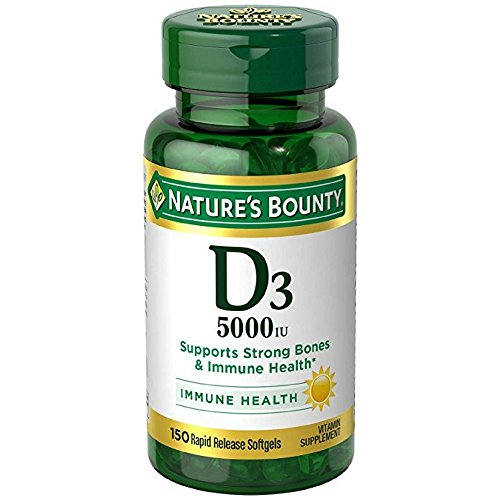
Also, ATO has been found to induce apoptosis in myeloid leukemia cells such as U937 and KG-1 cells.

Several studies have reported that ATO induces apoptosis in malignant cells including APL, non-Hodgkin’s lymphoma, multiple myeloma, and chronic lymphocytic leukemia cells. Both in vitro and in vivo studies have shown that ATO can induce clinical remission of de novo and relapsed APL patients. Interestingly, arsenic trioxide (ATO) is a new form of therapy that has been found to benefit APL patients. The standard treatment of this disease is chemotherapy and all trans-retinoic acid. APL results in the accumulation of these atypical promyelocytes in the bone marrow and peripheral blood, and replaces normal blood cells. APL is characterized by abnormal, heavily granulated promyelocytes, a form of white blood cells. These findings highlight the potential impact of Vit D 3 in promoting the pharmacological effect of ATO, suggesting a possible future role of Vit D 3/ATO combination therapy in patients with acute promyelocytic leukemia (APL).Īcute promyelocytic leukemia (APL) is a subtype of the acute myeloid leukemia (AML). This potentiation is mediated at least in part, through induction of phosphatidylserine externalization and nucleosomal DNA fragmentation. The present study indicates that Vit D 3 potentiates the antitumor effects of ATO. This finding was confirmed by the result of DNA laddering assay showing clear evidence of nucleosomal DNA fragmentation in vitamin and ATO co-treated cells. A statistically significant and dose-dependent increase (p <0.05) was recorded in annexin V positive cells (apoptotic cells) with increasing doses of Vit D 3 in ATO-treated cells. MTT assay indicated that Vit D 3 co-treatment potentiates ATO toxicity in HL-60 cells in a dose dependent manner. Cell apoptosis was measured both by flow cytometry assessment, and DNA laddering assay. Cell survival was determined by MTT assay.

HL-60 cells were treated either with a pharmacologic dose of ATO alone and with several low doses of Vit D 3.

The goal of the present research was to use (HL-60) cells as an in vitro test model to evaluate whether low doses of Vit D 3 potentiate the toxicity of ATO and whether this toxic action is mediated via apoptotic mechanisms. Vitamin D 3, (Vit D 3) an active metabolite of vitamin D has been reported to inhibit the growth of number neoplasms such as prostate, breast, colorectal, leukemia, and skin cancers. Pro-oxidants have been known to play a role in free radical-mediated oxidative stress. Our laboratory has demonstrated that ATO-induced cytotoxicity in human leukemia (HL-60) cells is mediated by oxidative stress. Arsenic trioxide (ATO) is a novel form of therapy that has been found to aid acute promyelocytic leukemia (APL) patients.


 0 kommentar(er)
0 kommentar(er)
